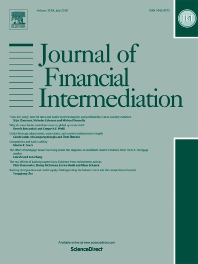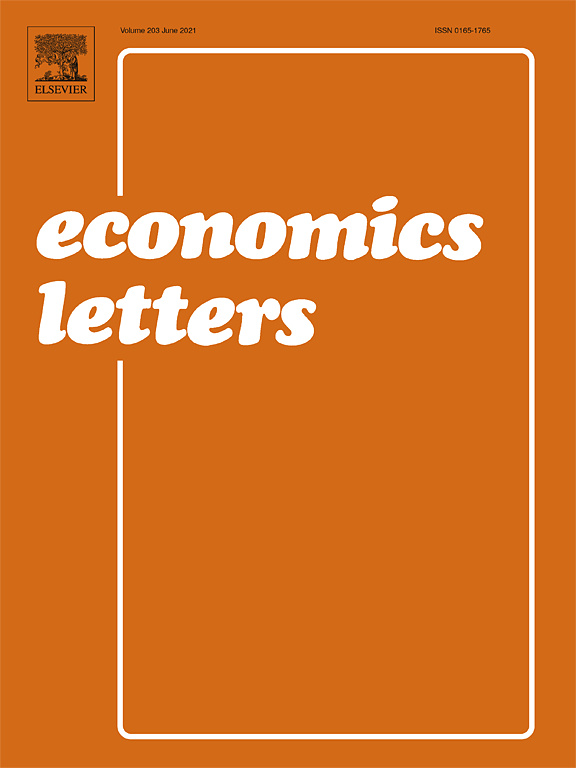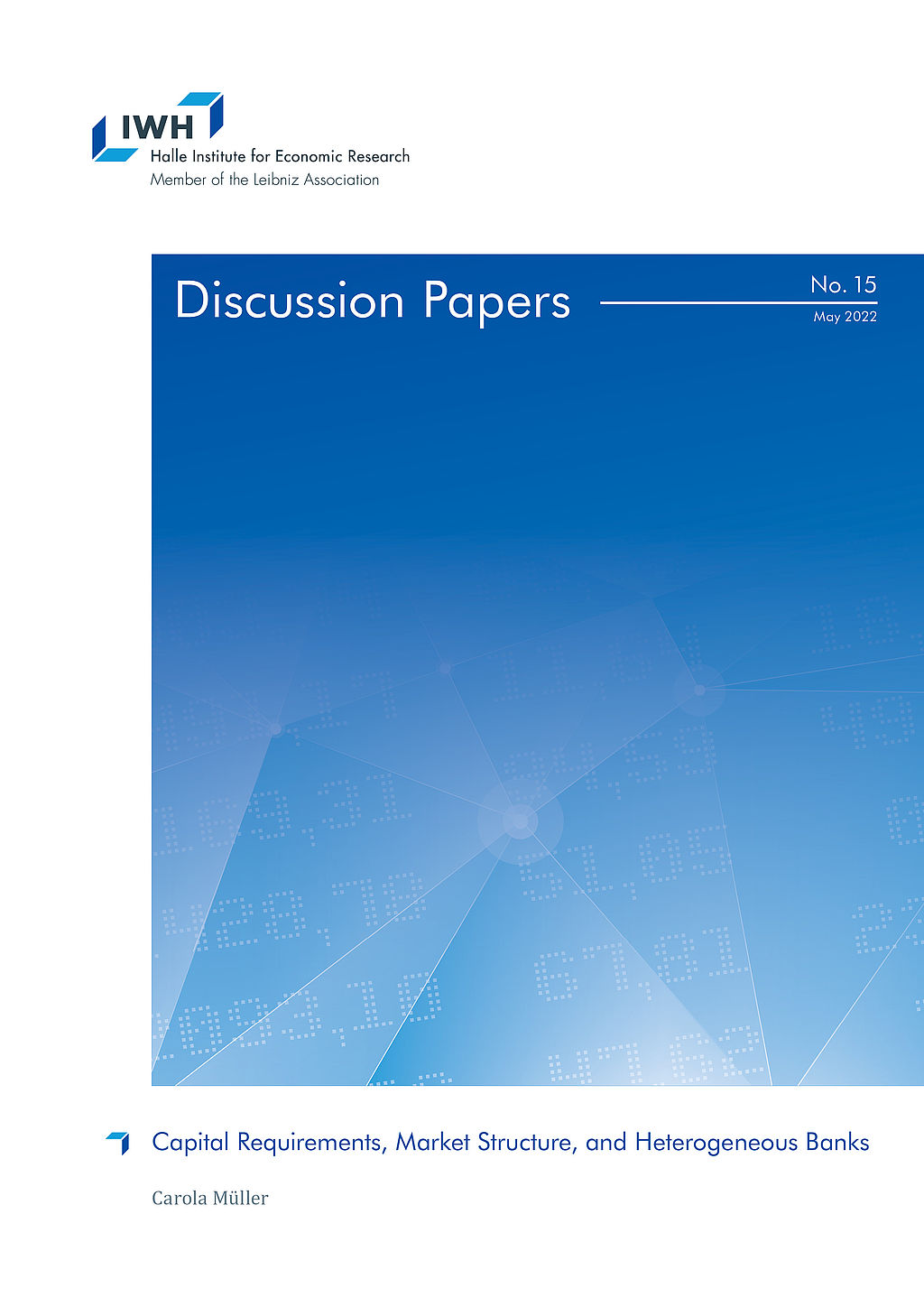Dr. Carola Müller

Aktuelle Position
seit 6/19
Research Affiliate
Leibniz-Institut für Wirtschaftsforschung Halle (IWH)
seit 9/20
Senior Economist
CEMLA
Forschungsschwerpunkte
- Bankenregulierung
- Finanzintermediation
- Bankenwettbewerb
Carola Müller ist seit Juni 2019 Research Affiliate am IWH. Sie befasst sich mit den Themen Bankenregulierung und Bankenwettbewerb.
Carola Müller forscht seit September 2020 am Center for Latin American Monetary Studies (CEMLA). Zuvor war sie Doktorandin am IWH sowie Gastforscherin bei der Deutschen Bundesbank und der Norges Bank. Sie studierte an der Georg-August-Universität Göttingen.








